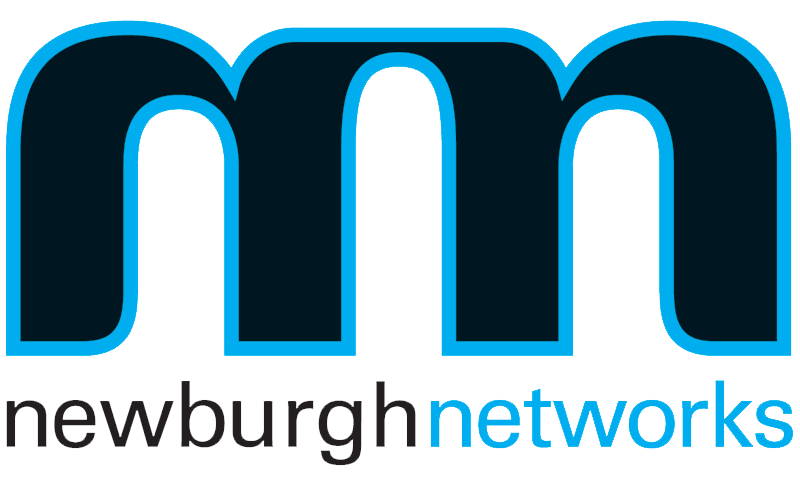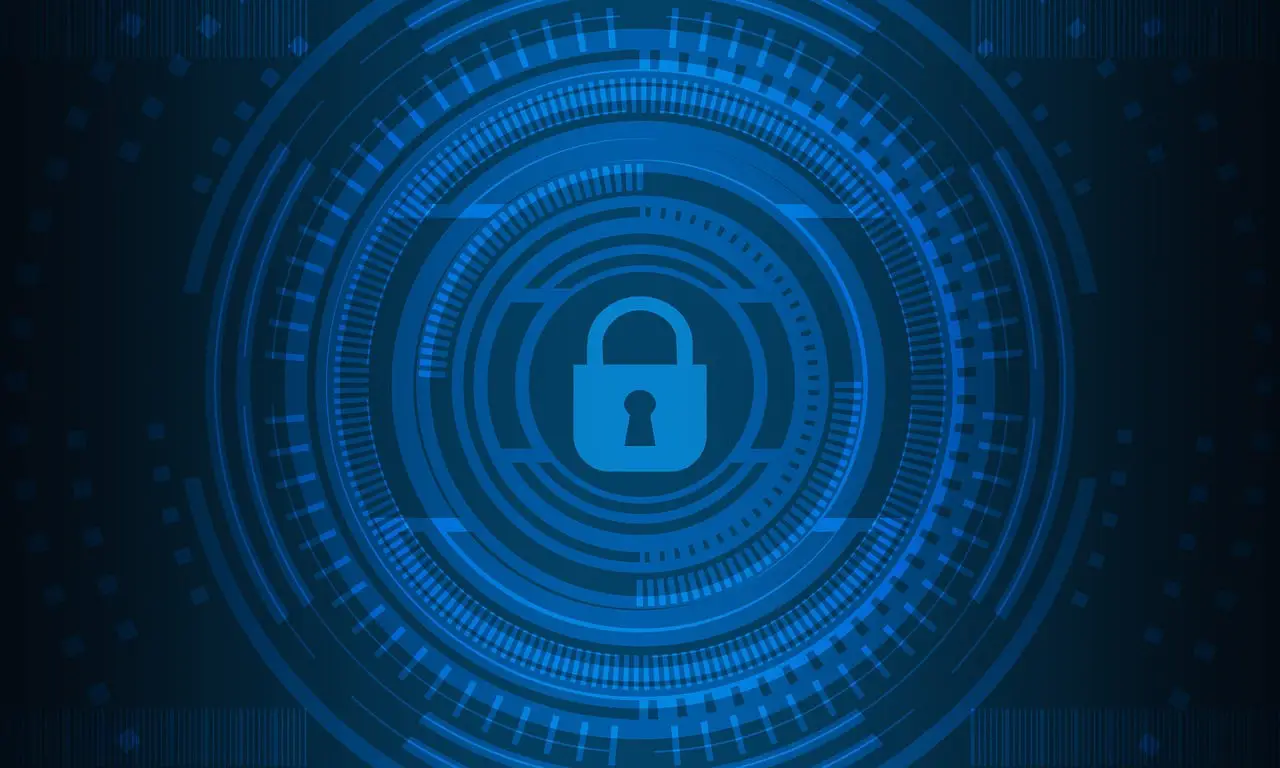October is Cybersecurity Awareness Month and so we’ve put together some practical tips to help you protect your business from cyber threats.
You’ve probably seen the headlines: another cyber-attack, another big brand scrambling to recover. But what you might not realise is that smaller businesses are just as vulnerable to hackers – if not more so. According to the government’s 2025 Cyber Security Breaches Survey, 42% of small businesses and 67% of medium businesses have experienced a breach in the past year, often resulting in financial losses reaching thousands of pounds. *
How hackers target small businesses
Phishing
Phishing attacks remain the most common and disruptive type of cyber-attack. All it takes is for a member of staff to mistakenly click on a malicious link that appeared legitimate, and your system could be compromised, credentials stolen and/or malware installed on your device.
Ransomware
Ransomware attacks are also increasing and are hugely disruptive, often meaning a temporary loss to files or networks with hackers demanding payment to unlock the system.
Protecting your business: how Newburgh Networks can help you
- Blocks phishing attacks that try to trick you into revealing passwords or downloading malware.
- Filters spam and malicious attachments, reducing the risk of infection.
- Monitors suspicious behaviour like login attempts from unusual locations or devices.
- Prevents impersonation by verifying sender authenticity (eg. using SPF, DKIM, and DMARC protocols).
- Adds an extra layer of protection beyond just a password.
- Requires two or more factors to verify identity—like a password plus a code sent to your phone.
- Stops unauthorised access even if your password is stolen.
- Protects against data loss from hardware failure, accidental deletion, theft, or ransomware.
- Automatically stores copies of your files, photos, and system data in secure remote servers.
- Enables recovery even if your device is damaged or compromised.
- Versioning allows you to restore previous versions of files, which is crucial if malware corrupts your data.
Is there anything else I should consider?
Strong passwords
A password manager can help you protect login details and other sensitive information. It will allow you to quickly and easily create strong passwords and, with its full end-to-end encryption, always keep them safe.
Staff training
Training team members to be cautious of suspicious emails and links is a smart move. We offer an interactive training programme that regularly sends employees test phishing emails. Over time, this exercise helps them get better at identifying suspicious emails and reporting them, avoiding a potential breach. It also includes videos and emails with top tips on how to stay wise to hackers.
Cyber security doesn’t have to be overwhelming – and you don’t have to face it alone. From spotting phishing emails to using strong passwords, we’re here to help you build a safer, more secure digital environment. Get in touch with our IT service team today.




